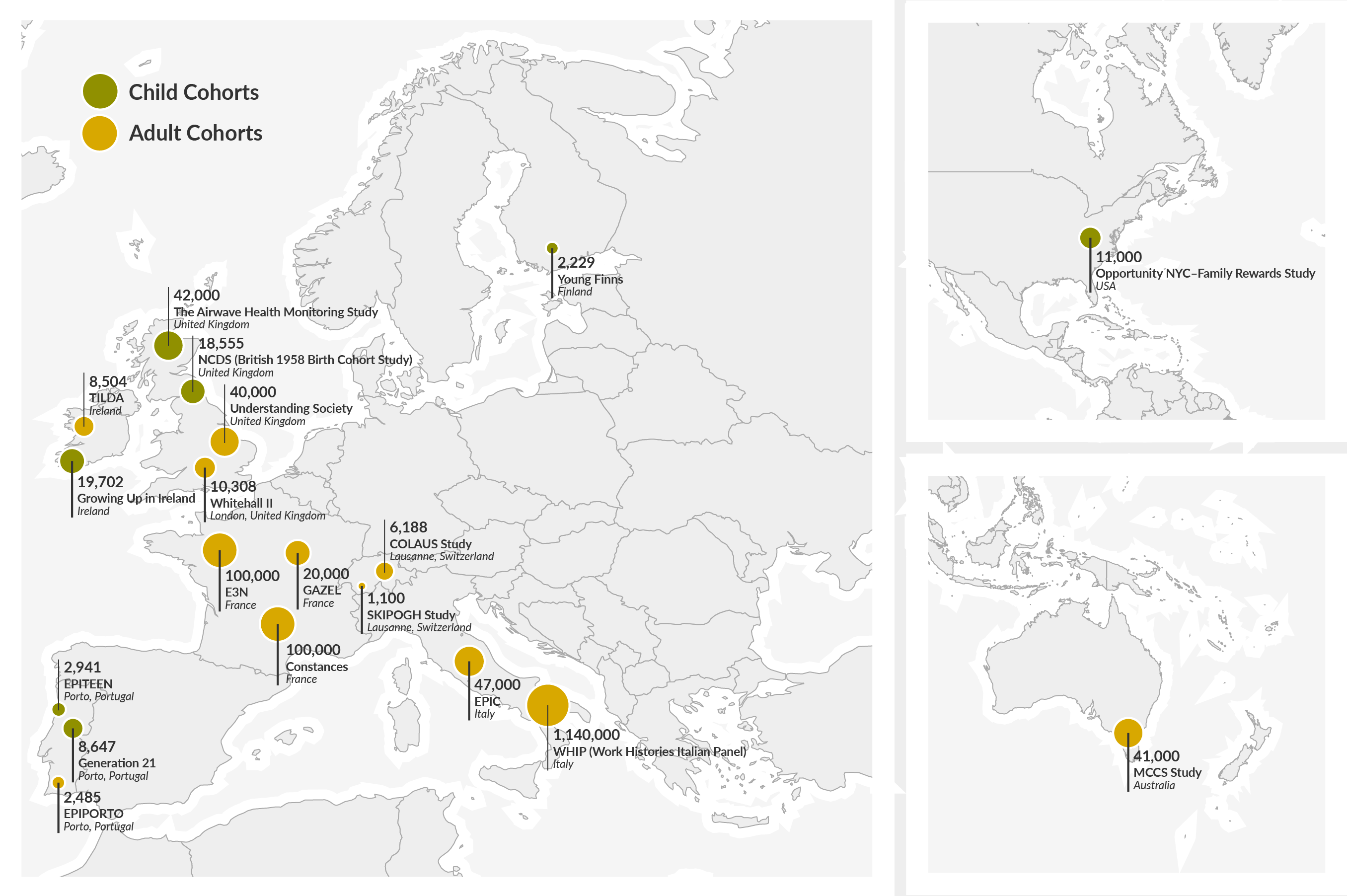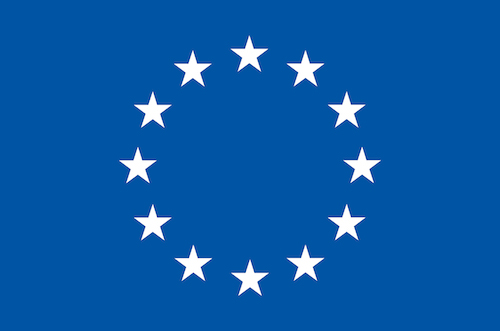Lifepath’s first year: outcomes and perspectives

LIFEPATH will analyse an extensive amount of biological, cultural and social data from large population-based cohorts. They are 18, one from Australia and the others from Europe, and include all age groups. Most of them provide data that have not been analysed or published before. Thus, by bringing them together, LIFEPATH experts will be able to produce a very rich and original contribution to the study of healthy ageing. The majority of these cohorts include “hard” outcomes like diabetes, cancer, cardiovascular diseases and total mortality. Some of them also include several measurements of traits that are considered functional components of healthy ageing: frailty, impaired vision, cognitive function, renal and brain function, osteoporosis, sleep disturbances, mental health.
Results obtained from these cohorts will be complemented by data from the evaluation of the Opportunity NYC–Family Rewards study, a randomized experiment of conditional cash transfers (CCT) to help families break the cycle of poverty, carried out in New York City. This is first program of this kind in a high-income country. The program was evaluated through a randomized controlled trial involving approximately 4,800 families and 11,000 children, half of whom could receive the cash rewards if they met the required conditions, and half who were assigned to a control group that could not receive the rewards. Data include extensive measures of social and economic conditions as well as extensive health assessments, which LIFEPATH experts plan to complement with additional biological measures.

 Lifepath
Lifepath